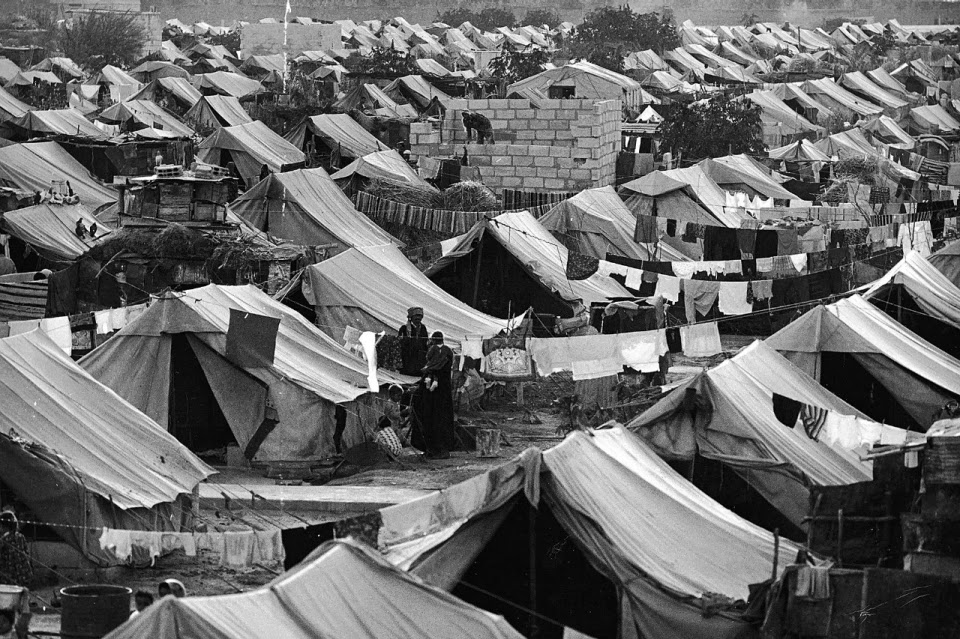The term "impunity”refers to the exemption from punishment or loss attaching to an act. In the international law of human rights, it refers to the failure to bring perpetrators of human rights violations to justice and, as such, itself constitutes a denial of the victims’ right to justice and redress. Impunity is especially common in countries that lack a tradition of the rule of law, suffer from corruption or that have entrenched systems of patronage, or where the judiciary is weak or members of the security forces are protected by special jurisdictions or immunities. The definition of impunity was defined in the context of the Right of the Justice principle as” the impossibility, de jure or de facto, of bringing the perpetrators of violations to account – whether in criminal, civil, administrative or disciplinary proceedings – since they are not subject to any inquiry that might lead to their being accused, arrested, tried and, if found guilty, sentenced to appropriate penalties, and to making reparations to their victims.
« Back to Glossary Index



